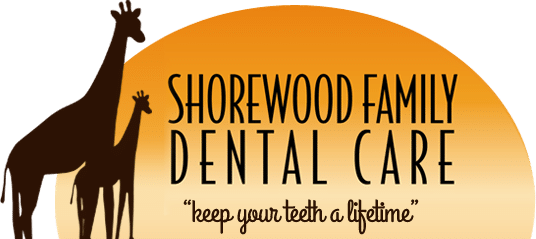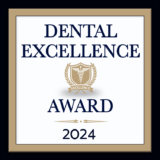
Acidic Foods and Beverages
Enamel is the hardest substance in the human body. However, it’s not invincible from harm or damage. Acidic foods and drinks can gradually erode the enamel. When this occurs, it will eventually lead to dental problems like sensitivity, tooth decay, and discoloration. The acid in these foods and drinks softens the enamel, making it more vulnerable to damage from brushing, chewing, and biting. Some examples of acidic foods and drinks include:
- Citrus Fruits.
- Carbonated Drinks.
- Vinegar.
- Wine.
To avoid enamel damage, it’s essential to limit your intake of acidic foods and drinks and rinse your mouth with water after consuming them. Additionally, learning how to protect your teeth from acid reflux can further safeguard your enamel and overall dental health.
Abrasive Toothbrushes and Toothpaste
Believe it or not, the way you brush your teeth or the type of toothbrush that you are using can cause enamel damage! This includes brushing your teeth too hard, or with a hard-bristled toothbrush. When you brush too aggressively or use an abrasive toothpaste, you can wear down the enamel. In turn, this will make your teeth more susceptible to decay, sensitivity, and discoloration. That’s why it’s essential to use a soft-bristled toothbrush and gentle circular motions to clean your teeth effectively. Moreover, make sure to choose a toothpaste that’s designed to protect enamel, and avoid those that contain harsh abrasives.
Aging and Genetics
Enamel can also deteriorate due to natural aging and genetics. As we get older, our enamel thins out, making our teeth more vulnerable to damage. Moreover, some people are likely to inherit weaker enamel from their parents. Genetics can also make you more susceptible to dental problems like tooth decay and gum disease. Do you have a family history of dental issues? If so, it’s essential to be extra cautious with your dental hygiene and schedule regular check-ups with your dentist.
Enamel damage is a common dental problem that affects many people worldwide. However, by following the three “A”s of enamel damage, you can protect your teeth and enjoy optimal dental health. Remember to limit your intake of acidic foods and drinks, use a soft-bristled toothbrush and gentle motions, and be mindful of your age and genetics. With these tips, you can keep your enamel strong and healthy for a lifetime.




